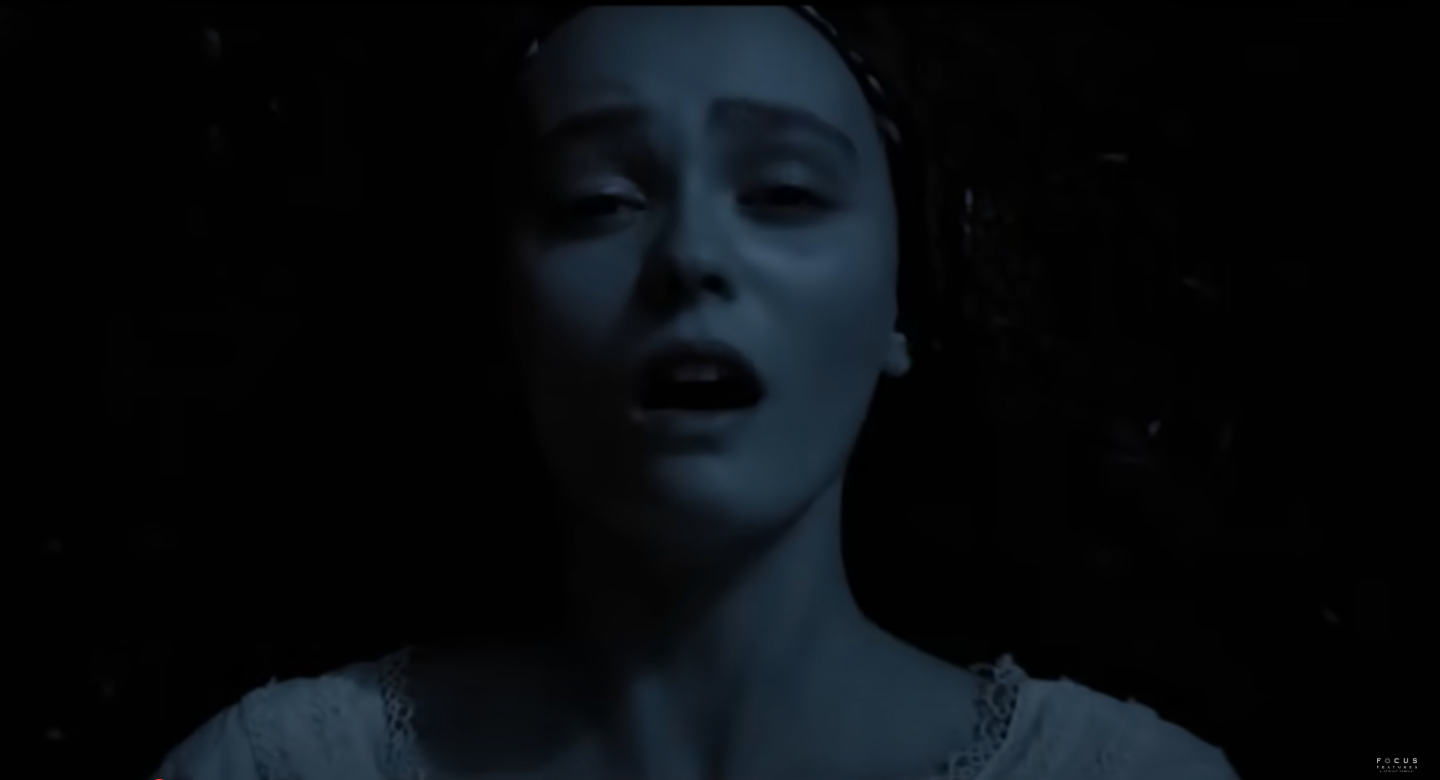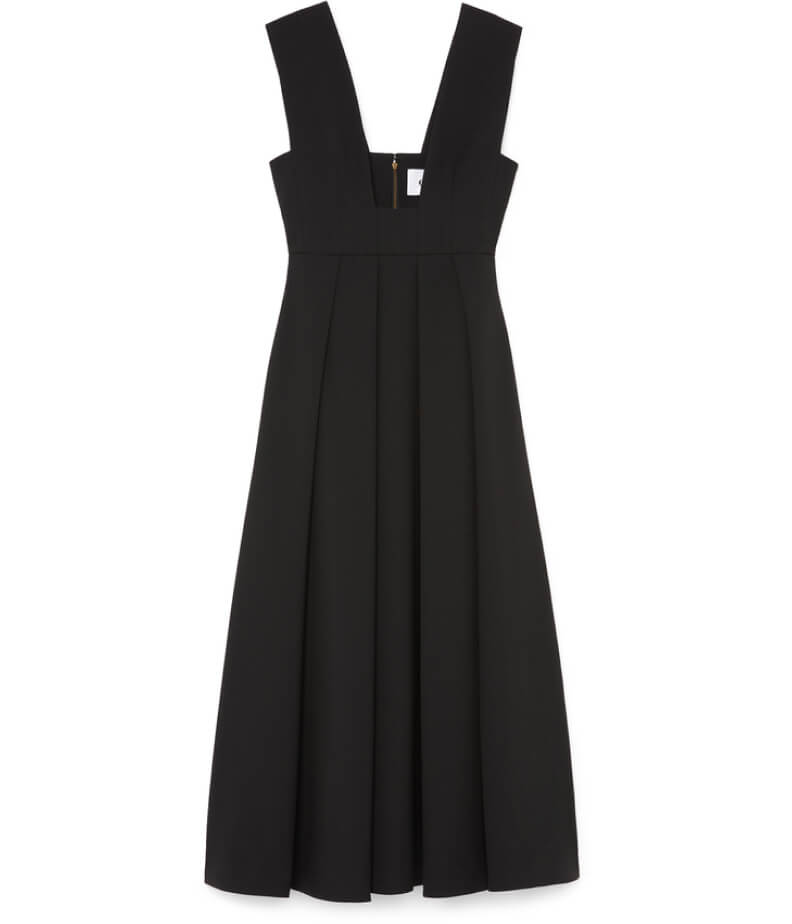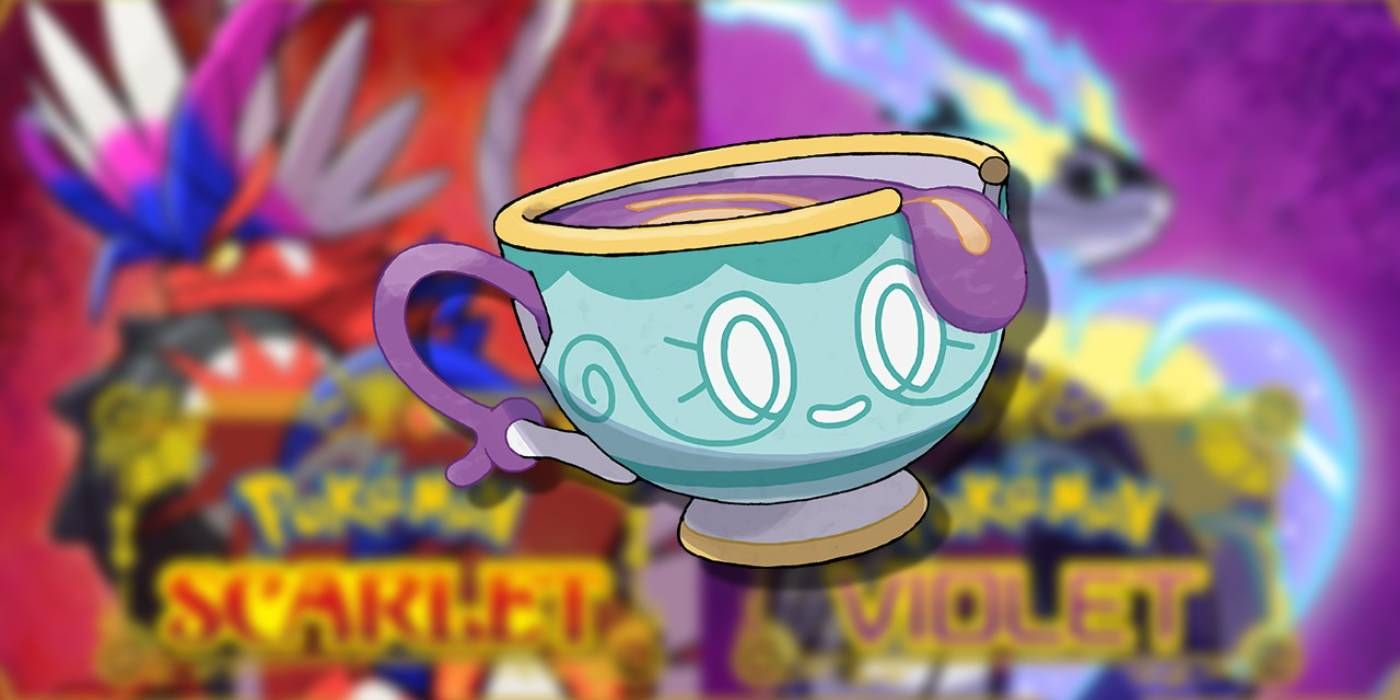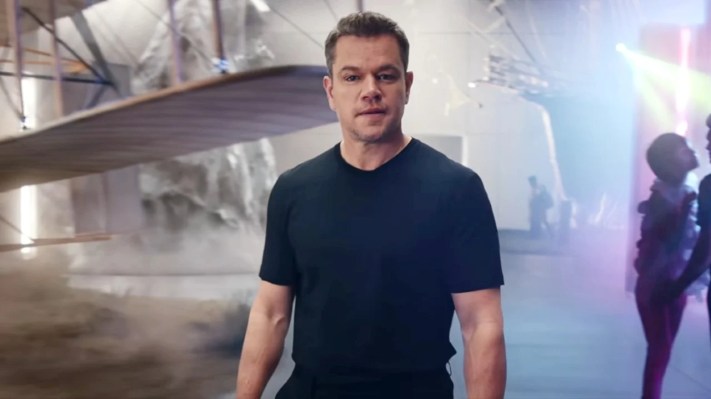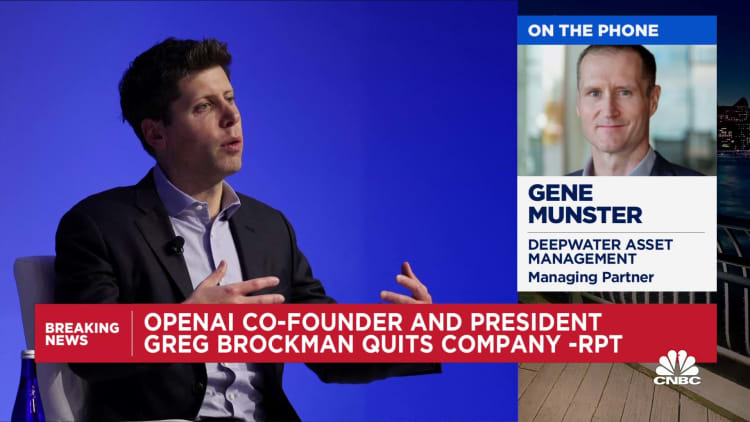Taylor Swift is having a moment—just ask anyone who endured the presale Ticketmaster queues to try to get tickets to the Eras tour. That’s right: Taylor is heading on tour next year to celebrate all her different eras, from her debut album in 2006 to the newly released Midnights of 2022. If you think her albums are all about unrequited heterosexual crushes or heartbreak, then you clearly haven’t been listening close enough. (Or watching TikToks about her relationship with Karlie Kloss…) Taylor’s songs often take heartbreak and love as their subject, but her tones and methods range from obsession, delusion, reflection, regret, wonder, and delight.
Writing this list made me reflect on the ways I’ve grown up with Taylor Swift’s music. Her music was my girlhood obsession—I had “Teardrops on My Guitar” and “Our Song” on repeat during middle school—but for a few years in high school and college, I lapsed in my listening, determined to have cooler and more artsy taste. I’m happy to say I’m back in the Swiftie fold now—I made it through a terrible half-marathon last year by playing the 10 minute version of “All Too Well” on repeat. I like what I like, what can I say. And Taylor’s albums have been there for me through breakups and late-night writing deadlines, long road trips and kitchen dance parties.
If there’s anything listening through Taylor’s oeuvre shows, it’s that she has the range. She can collab with The Chicks or Bon Iver or Phoebe Bridgers. There’s an album for almost any mood…so there must be a book to match these moods. I asked my most literary Swiftie friends (including fellow EL intern/Swiftie Laura Schmitt!) to weigh in, and here’s the definitive Taylor Swift Eras reading list. You can trust me…I was in the top 1% of Taylor Swift listeners on Spotify last year.
Taylor Swift / The Ensemble by Aja Gabel
Taylor Swift by Taylor Swift—real ones know how groundbreaking it was to have the iTunes free single version of “Teardrops on My Guitar” downloaded onto your iPod nano. The debut album is Taylor at her most earnest, most affected country accent, but it’s also the album of gems like “Our Song” and “Picture to Burn.” It’s an album of anthems for a girl, but Taylor’s debut album is also about what music can do for people. My recommendation? Aja Gabel’s novel The Ensemble. Taylor sings that “when you think Tim McGraw, I hope you think of me,” reminding us how much music can remind us of each other—and the four characters in The Ensemble, themselves members of string quartet, navigate complicated relationships alongside their love for music. There’s love for the art, but there’s also rivalry and ambition and jealousy, as they all grow up together.
Fearless / Outlawed by Anna North
Cut to 2008: I’m on the floor of my childhood bedroom listening to “Hey Stephen” on repeat, skipping back and forth on my Barbie CD player so much that I scratched the actual disc. Fearless is an album of passion and excitement—which I loved as much in middle school as I do now—making it a perfect pairing for a novel of high drama about a girl coming into her own as a young woman: Outlawed by Anna North. Billed as a feminist Western, Outlawed follows a young woman, Ada, who joins a gang of outlaws to save her life. Outlawed is a book about growing up, and the real drama of Fearless is about growing up. It’s like Taylor sings on “Fifteen,” “I didn’t know who I was supposed to be / At fifteen.” Neither does Ada, but she gets a good start leaving the religious tradition that constrains her, joining the notorious Hole in the Wall Gang, and learning how she wants to be in the world.
Speak Now / Persuasion by Jane Austen
This might be a controversial take, but I think Speak Now has to be a Jane Austen novel. Here’s why: on Speak Now, Taylor is confronting things she wishes she had said but didn’t. In “Enchanted” she sings about the bubbly feeling of meeting someone for the first time and having intense chemistry but walking away without saying anything. This world doesn’t feel like the 21st century world of sliding into DMs…it feels much more Regency era. Speak Now has a confessional tone, a raw quality to songs like “Last Kiss” and “Back to December” that reflect on old relationships with a twinge of regret. So of course it must be paired with Jane Austen’s Persuasion, a novel that centers on the regret of our heroine, Anne Elliot. Confronted with an old flame, Anne wonders whether he ever has or will forgive her—how to move forward. Both Speak Now and Persuasion ask how to live with regret, and they do so through vivid introspection and reflection.
Red / Possession by A.S. Byatt
I have to be honest—Red wasn’t my favorite album when it came out. “Trouble” and “22” were on the radio for an entire summer and I never listened to the entire album until a few years later. But now, Red (Taylor’s Version) is a special album for me. Maybe it’s because of my own return to the album that it feels like the book pairing must pick up on the album’s nostalgia, its insistent return and recollection. On Red, Taylor remembers a relationship marked by heartbreak, reflecting on her own complicated feelings of ownership about the relationship. In “I Almost Do” she remembers on her desire to return that is never enacted: “And I hope you know that every time I don’t / I almost do.” For me, Red is paired with a book about history and romance, about the drive to unearth memories and artifacts, like the scarf that both is and isn’t a metaphor—Possession by A.S. Byatt. Possession is a novel about uncovering the truth about an old relationship while also being in a new one. There’s two stories here: a romance between two 19th century poets whose archives are being discovered by two contemporary academics who get entangled together. Possession and Red both thematize returning to the archive to make sense of your present world, suggesting that the work of memory is never really done—that there’s always more to find.
1989 / Happy Hour by Marlowe Granados
1989 is an album for the pop stans, for the people like me who had “Style” on repeat all throughout college. It’s not a no-skips album by any means (miss me with “Shake It Off” forever) but Taylor’s lyrics here are beautiful and deep even when the synth is going strong. There’s a balance between recklessness and tenderness on the album, the fuck off vibe of “Blank Space” and the earnestness of “You Are In Love,” and the only book pairing for this? Happy Hour by Marlowe Granados. Following Isa Epley and her friend Gala over a summer in New York City (cue “Welcome to New York” please). Happy Hour takes on the form of Isa’s diary to reveal both the excitement and fear of starting over in a new city. Like 1989, Happy Hour is equal parts optimistic and terrified of what comes next.
Reputation / Vladimir by Julia May Jonas
On Reputation, Taylor’s all grown up and out for revenge. Is it the best of her songwriting? Maybe not. But it’s a front seat to how anger can work as a motivator. She might have lost everything but Reputation is her sexiest album, making it a perfect pair for Julia May Jonas’ novel Vladimir, which also follows a woman who feels like she’s lost everything. Our protagonist is a middle-aged English professor whose husband is being investigated for sexual misconduct. But when the titular Vladimir arrives on campus, she’s reinvigorated by her crush on him, both sexually and creatively. It’s just like Taylor sings on “King of My Heart,” “your love is a secret I’m hoping, dreaming, dying to keep.” Like Reputation, Vladimir asks what kind of creative inspiration we get when we have nothing left to lose.
Lover / The Carrying by Ada Limón
Lover is bright and fun—it’s about being in love after all!—but there’s an edge to it. It’s the only album I know that transitions from pop fun (“London Boy”) to a song about a mother’s cancer diagnosis (“Soon You’ll Get Better”). Looking at the world in its rosy hues and alongside the pain of existence? That’s poetry territory. I pair Lover with The Carrying by Ada Limón, a collection that contains some of my favorite love poems right next to poems reconciling with loss, infertility, and national distress. In “Instructions on Not Giving Up,” Limón writes about “the strange idea of continuous living despite / the mess of us, the hurt, the empty.” Like Lover, The Carrying dramatizes the need to keep carrying on, keep loving and being loved, even when the world is in turmoil.
folklore / Normal People by Sally Rooney
Okay yes I have basic taste…there’s a Sally Rooney novel on my Taylor Swift reading list. You might think I’d pick Conversations with Friends because the Hulu show featured Taylor’s longtime partner Joe Alwyn. You’d be wrong: folklore is Normal People because it’s really an album about heartbreak. Normal People shows us two people, Connell and Marianne, who seem perfect for each other but keep slipping out of each other’s lives. (Connell says to Marianne, “I’m not a religious person, but I do sometimes think God made you for me.”) For a reader, it’s heartbreaking to watch them connect and then fall out again and again. And folklore shows us an even more imaginative and lyrical heartbreak, following a love triangle between Betty, James, and August. In “betty,” James wonders what would happen if he just showed up at Betty’s party: “Would you have me? Would you want me? Would you tell me to go fuck myself?” It’s this wistfulness, this wondering if reconciliation will happen again, that screams Normal People to me.
evermore / Housekeeping by Marilynne Robinson
evermore is not just folklore’s weird older sister—it’s an album about loss and recovery. It’s a chilly album, meant for the winter, about re-ordering and rearranging your memories. evermore is a collection of precise details, perfect little phrases that stop you in your tracks. On “gold rush,” Taylor sings, “I don’t like that falling feels like flying ‘til the bone crush / Everybody wants you / But I don’t like a gold rush” and I remember literally stopping in my tracks. Like—what a metaphor! What a phrase! There’s only one book that gives me this intense feeling of wonder for language: Housekeeping by Marilynne Robinson. Like evermore, Housekeeping follows a girl, Ruthie, who lives in Idaho with her aunt and sister. But the plot is subordinated by the language—Robinson has said that the book began as a list of striking metaphors that she kept. It’s a novel about what we keep and what we lose, dramatizing the details that stick with us like burrs on a coat, an impulse that is giving strong evermore energy.
Midnights / Bluets by Maggie Nelson
Midnights is dark but sparkly. It’s lyrically rich but also sometimes…very silly. (Yes, I am speaking of the “sexy baby” in “You’re On Your Own, Kid” or the intro on “Lavender Haze.”) But what makes Midnights so different from other albums is how it crosses through all the Taylor eras: on her Instagram, Taylor wrote that Midnights comprises the “stories of 13 sleepless nights scattered throughout my life,” so what better book to pair with Midnights than one that also celebrates a scattered form, united by one reflection? In Bluets, Maggie Nelson traces her relationship with blue as a color, as a feeling, and as a stand-in for others. Nelson finds both beauty and terror in the blue, just like the late-night hours of Midnights offer heartbreak and love. The episodic texts of both Midnights and Bluets meditate on the lines between pleasure and pain, and the complicated gray area in between.






































